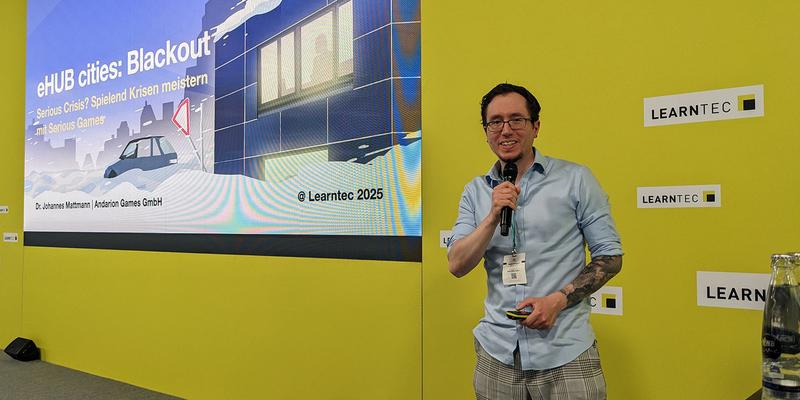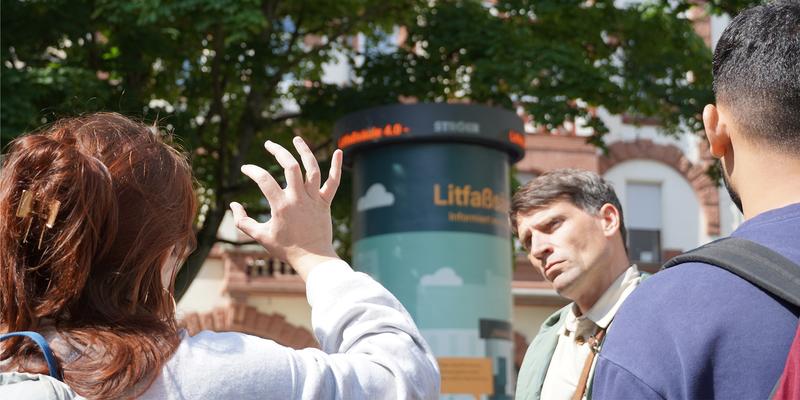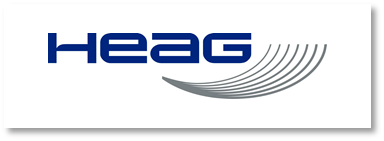Mission eHUB
The eHUB mission offers emergenCITY the very special opportunity to reactivate the award-winning solar decathlon house of TU Darmstadt from 2009 as a real laboratory and demonstrator. With its reconstruction, technical expansion and subsequent operation, we want to investigate central questions of crisis preparation for the scenario of a long-lasting, supra-regional blackout. Civil protection observes that large parts of the population are inadequately prepared for such an event, but damages would be immense. Therefore, the need to advance research in this area is urgent, also or especially in the interest of the common good.
eHUB Vision Contact Us📍 Visit the eHUB
L3|03 eHUB, El-Lissitzky-Straße 3A, 64287 Darmstadt
In eHUB, on the one hand, the idea is to test technical solutions that will enable the owners of photovoltaic systems to realise a self-sufficient emergency operation of their systems quickly in the event of a crisis. On the other hand, concepts are being developed to use buildings, such as the solar decathlon house, to meet the needs of all citizens. The house will be open to the public on a regular basis as a demonstrator, making research tangible. But it is not only citizens themselves who will benefit from the eHUB mission, but also our cities and municipalities, civil protection and the operators of critical infrastructures.
Research Question
How can the population be prepared for a long-lasting, supra-regional power blackout and what measures are needed to reduce its effects?
Download Mission Overview
Program Areas in the Mission
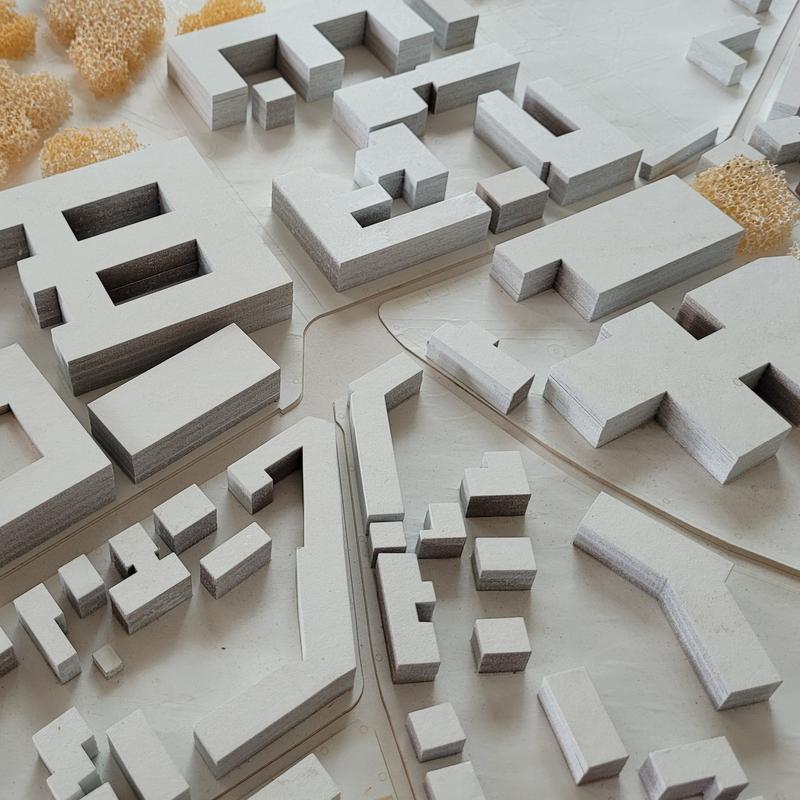
City and Society (SG)
In addition to looking at the individual house, the interconnection with the neighbourhood and district is also being investigated. The focus lies on researching the framework conditions that prepare the eHUB and its residents to be willing and technically enabled to provide energy yields to neighbouring buildings or the local hospital, for example, during a crisis. This question touches on technical aspects, legal framework conditions and, of course, we want to find out whether the population is at all willing to participate in a 'sharing of crisis'.
Team: Jan-Philipp Muttach Joachim Schulze Alice Engel Markus Henkel Anna Stöckl Christian Reuter Annette Rudolph-Cleff Michèle Knodt

Information (INF)
One research focus lies on the equipment and operation of a Command Centre, which will be set up in the eHUB. Within the framework of the mission, novel interaction concepts for innovative technologies, such as a virtual reality setup and a large touch screen, are to be tested. One of the key questions is how all incoming data can be filtered for relevant information that can be processed and used for crisis management as quickly as possible. This also includes the operation of UAVs (Unpiloted Aerial Vehicle) and UGVs (Unmanned Ground Vehicle), which contribute to reconnaissance with information in the form of aerial photographs, videos, etc.
Team: Markus Henkel Julius von Willich Max Mühlhäuser Christian Reuter
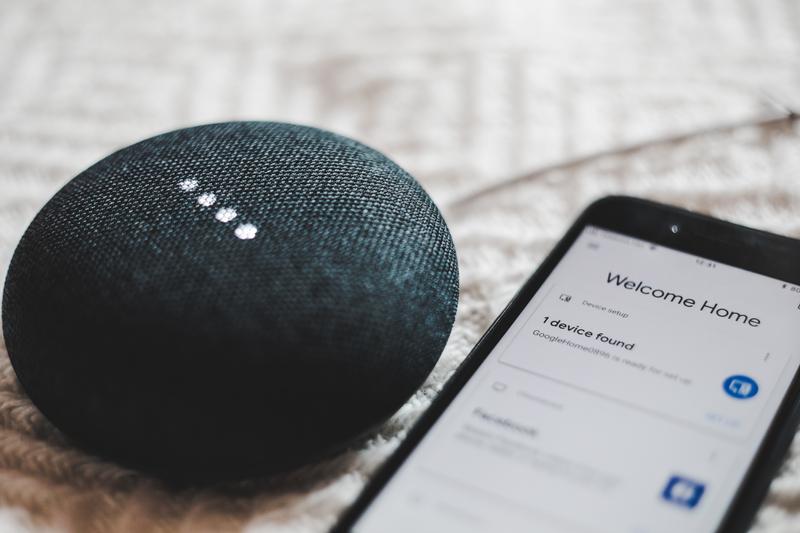
Communication (KOM)
The researchers will explore the technical possibilities offered by eHUB or this building standard to keep emergency communication systems ready. The aim is to adapt the functionality of existing devices, for example from the smart home sector, to suit the situation e.g. by several houses in the PlusEnergy standard maintaining communication and sharing information with each other. In addition, smart home displays can be used, for example, for the Modular Warning System (MoWaS), or externally mounted digital display panels can serve as a public information source.
Team: Frank Hessel Matthias Hollick
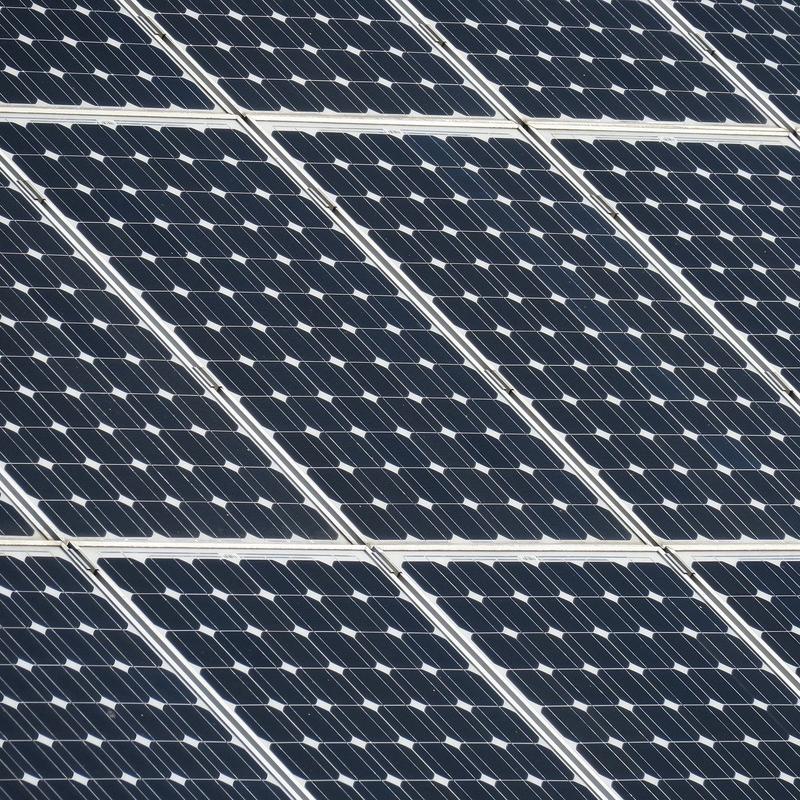
Cyber-Physical Systems (CPS)
The stand alone operation of the house separately from the regular power grid by supplying it self-sufficient with its own power is one goal of the mission. In this context, information and communication technologies can be used to add on the smart-home hardware and the associated applications, with which the house is already equipped, to create a 'smart' energy management system for the scenario of a crisis. The aim is to explore how ICT can help the residents to use the limited energy contingents in the most efficient, autac and long-lasting way.
Team: Maximilian Bauer Martin Robison Pietsch Hans Stenglein Uwe Klingauf Florian Steinke

